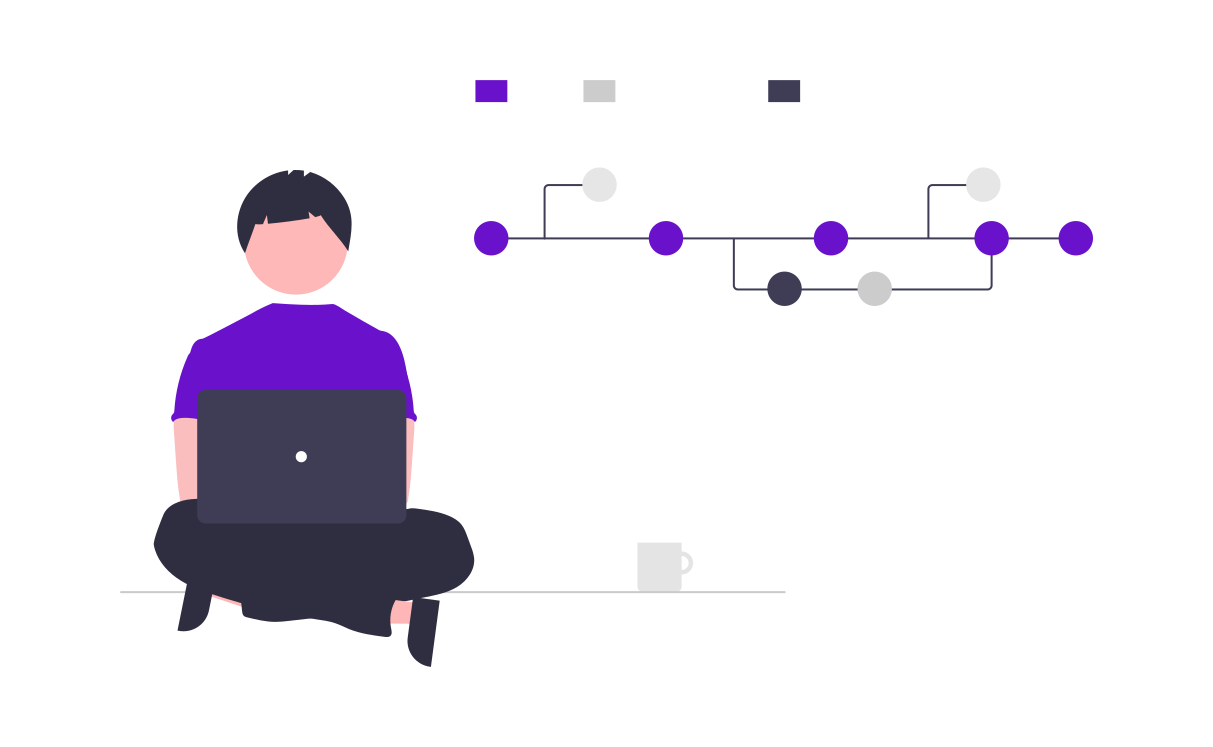In the world of account-based marketing (ABM), personalization is not just a strategy—it's an art form. Tailoring your marketing efforts to meet the unique needs and preferences of each account can lead to remarkable results. This blog will guide you through the nuances of personalization in ABM, providing actionable insights and tips to create highly effective, individualized campaigns.
Why Personalization Matters
The Era of Personalization: We live in an age where consumers expect personalized experiences. Generic marketing messages are often ignored, while personalized content captures attention and drives engagement. In ABM, personalization is crucial for standing out and building strong, lasting relationships with your target accounts.
Building Deeper Connections: Personalization allows you to connect with your audience on a deeper level. By addressing their specific needs and preferences, you show that you understand and value them. This fosters trust and loyalty, which are essential for long-term success.
The Building Blocks of Personalization
1. Data Collection: Gathering accurate and comprehensive data about your target accounts is the foundation of effective personalization. Use CRM systems, social media insights, website analytics, and other tools to collect information about your accounts' behaviors, preferences, and needs.
2. Segmentation: Segment your target accounts based on shared characteristics, such as industry, company size, and pain points. This allows you to create more targeted and relevant content for each group.
3. Customer Personas: Develop detailed customer personas for each segment. These personas should include demographic information, job roles, challenges, goals, and preferred communication channels. Personas help you tailor your messaging to resonate with each account.
Strategies for Personalization
1. Personalized Content:
Email Campaigns: Craft personalized emails that address the specific needs and interests of each account. Use dynamic content to tailor messages based on the recipient's industry, role, and previous interactions with your brand.
Website Personalization: Implement personalized website experiences using AI-powered tools. Customize content, calls-to-action, and landing pages based on the visitor's behavior, preferences, and demographics.
Social Media Engagement: Engage with target accounts on social media by sharing relevant content, participating in discussions, and responding to their posts. Show that you are attentive and interested in their perspectives.
2. Personalized Outreach:
Direct Mail: Send personalized direct mail pieces to key decision-makers. Include tailored messages and offers that address their specific needs and challenges.
Personalized Video Messages: Create personalized video messages for high-value accounts. Use these videos to introduce your company, address specific pain points, and offer tailored solutions.
Account-Specific Campaigns: Develop marketing campaigns tailored to the unique characteristics and needs of individual accounts. This could include personalized webinars, custom demos, and account-specific case studies.
3. Personalized Offers:
Tailored Solutions: Offer customized solutions that address the unique challenges of each account. Highlight how your products or services can specifically benefit their business.
Exclusive Invitations: Invite key decision-makers to exclusive events, such as VIP webinars, roundtable discussions, or in-person meetings. Personal invitations demonstrate your commitment to their success.
Special Discounts: Provide personalized discounts or offers based on the account's past behavior and purchase history. Tailored offers can incentivize engagement and drive conversions.
Tools and Technologies for Personalization
1. Customer Relationship Management (CRM) Systems: CRM systems are essential for managing and analyzing customer data. Use your CRM to track interactions, segment accounts, and create personalized marketing campaigns.
2. Marketing Automation Platforms: Marketing automation platforms enable you to deliver personalized content at scale. Use these tools to automate email campaigns, social media posts, and other marketing activities.
3. AI and Machine Learning: Leverage AI and machine learning to analyze data and predict customer behavior. These technologies can help you identify personalization opportunities and deliver relevant content in real-time.
Measuring the Impact of Personalization
1. Engagement Metrics: Track engagement metrics such as open rates, click-through rates, and time spent on your website. High engagement indicates that your personalized content is resonating with your audience.
2. Conversion Rates: Monitor conversion rates to see how many leads are turning into customers. Personalized marketing efforts should result in higher conversion rates.
3. Customer Feedback: Collect feedback from your target accounts to understand their perceptions of your personalized efforts. Use this feedback to refine your strategies and improve future campaigns.
Conclusion
Mastering the art of personalization in ABM requires a deep understanding of your target accounts and a commitment to creating tailored experiences. By implementing the strategies outlined in this blog, you can enhance your marketing efforts, build stronger relationships, and drive significant business results. Embrace personalization as a core component of your ABM strategy to achieve maximum impact and success.


